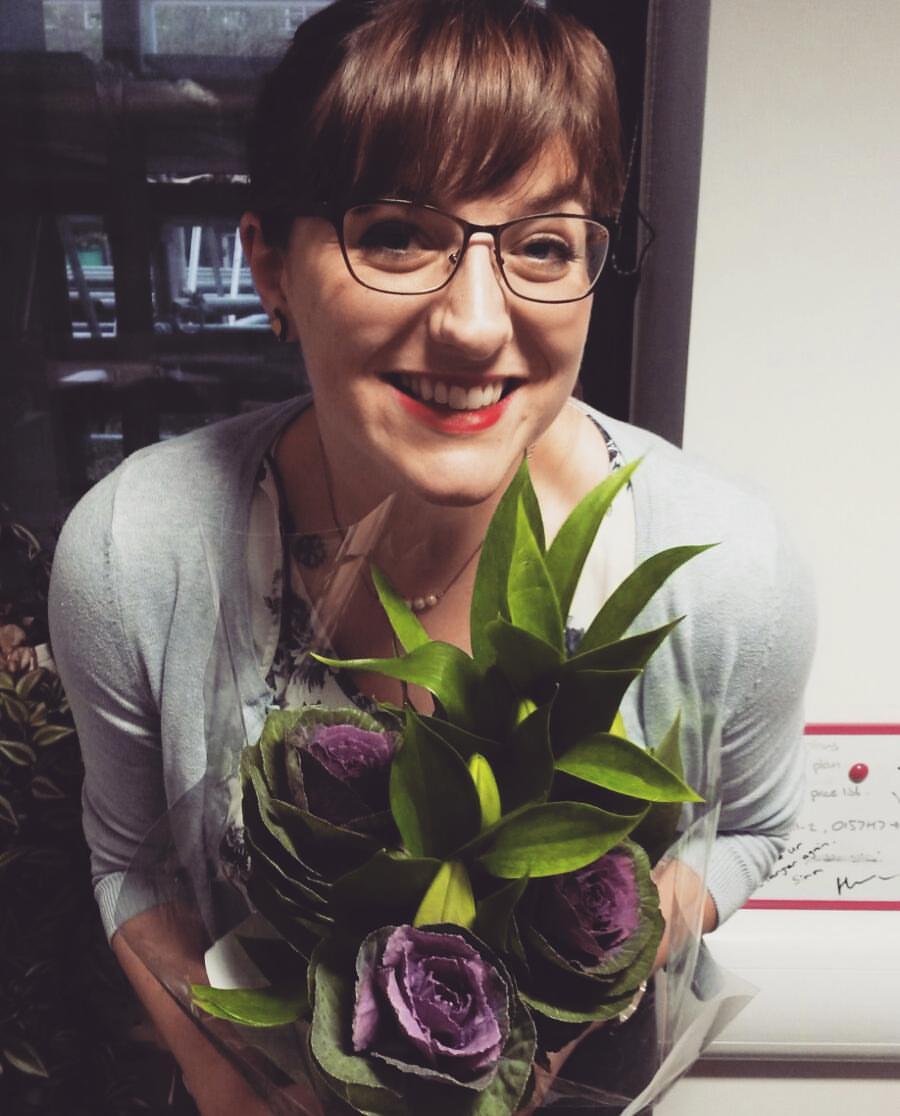
Graduate case studies
Even though many of our graduates will have progressed in their careers since completing a case study, they are still of interest to students who wish to gain an understanding of the world of work.
I am primarily focused on the research project that I am attached to, and as such my responsibilities are focused on designing and conducting the appropriate experiments along with the associated data analysis, compiling and delivering reports to both our lab group and to those with whom we collaborate, and contributing to the overall maintenance of the lab that is required to ensure equipment and resources are functional and available to everyone who needs them.
A day in the life of a researcher is never typical. Some days I may spend entirely in front of my computer analysing data from recent experiments and attempting to interpret my results in the context of my scientific question. On others I will be entirely in the lab, working on our spinning disc microscope, performing molecular biology assays and so on. Other days still, I may be in meetings most of the day, learning about research being conducted elsewhere in the institute, discussing my own research with my colleagues and discussing new directions for the lab. More often than not, my day will either consist of "wet" work - in the lab, or "dry" work - a combination of data analysis, report and grant writing, meetings and seminars.
The variation! And the flexibility to follow my interests. As I said above, my days are incredibly changeable, and I relish the chances I get to meet new people with different research interests, play with fantastic equipment, and travel around the world discovering all the exciting research that people are doing.
At this stage, there is little stability. My current contract runs for only 14 months, and although I have applied for funding there is a high likelihood that I will have to move on at the end of this period. This makes planning in your home life a little more difficult, and the financial insecurity can be a concern.
From finishing my bachelor's degree, I set out to have a career in academic research. I am excited by the prospect of discovering new things about the way our world works, specifically in the context of biological questions, and so a career in research seemed the most obvious choice. Obtaining a post-doc position immediately after completing my PhD is another step in this career path.
After completing my BSc (Hons) in Biochemistry in 2011 from the Molecular Biology and Biotechnology dept at the University of Sheffield, I went on to complete a Bioprocess and Biological Engineering MSc (Eng) in 2012 from the Chemical and Biological Engineering Dept, also of the University of Sheffield. I then studied for my PhD in Biological Engineering in the same department, defending my thesis in October 2016, before starting in my current position only a week later.
My desire to work in research has not abated and currently I plan to work for a few more years as a post-doc before applying for an independent researcher position and beginning to build up my own lab. I am also keenly aware of the importance of supporting those coming up, and so plan to make lecturing and mentoring an important part of my career, long before I apply to have a PhD student working under me!
Decide what is important to you early on, and then focus your networking and your career strategy around that, not around whatever your lecturer or supervisor tells you they think is important. So, do you want to work in a specific field? Or, would you rather explore a specific technique method, and see how that can apply to many questions? Do you really want to work in big name institutions for big name researchers, or are you happy to work wherever so long as the research interests you?
These questions shape very differently the type of people you need around you and the skill sets you need to acquire, so it's good to talk to many people in the field and really figure out what it is you want from your career.
Bonus advice: don't expect to work 9-5, Mon-Fri. If this is the work balance you want, research in academia probably isn't for you!
Last updated: 23 Jun 2017

